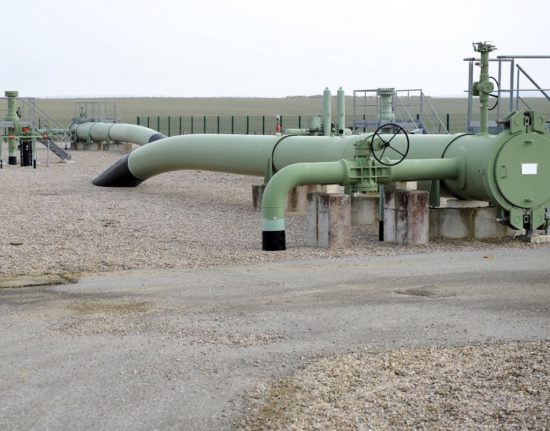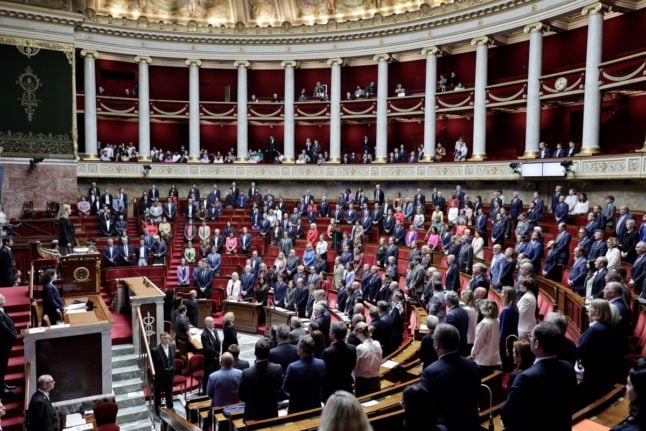“Historic gas flows from the east have been reversed under the effect of the war in Ukraine,” operator GRTgaz said in a statement, adding that the firm “is working on adapting its network to develop new capacity for export from France to Germany, which will be available from mid-October.”
“Historic gas flows from the east have been reversed under the effect of the war in Ukraine,” operator GRTgaz said in a statement.
It added that the firm “is working on adapting its network to develop new capacity for export from France to Germany, which will be available from mid-October.”
GRTgaz said France’s terminals for importing liquefied natural gas (LNG) were operating at 90 percent capacity, helping to fill the country’s reserves to 94 percent — around ten points higher than the European average.
In a “normal” winter, there would be “no shortage of gas”, the company said — while warning that “there is little room for manoeuvre, especially on days of especially high consumption”.
And in the case of a “very cold” winter, GRTgaz expects a shortfall in gas supply of around five percent, a level it said “can be absorbed by reaching the energy saving objectives set by the authorities”.
It encouraged households to follow advice to turn down their heating by one degree Celsius.
“As a last resort, load-shedding targeting major consumers could protect residential customers in extreme situations that are very unlikely to occur,” the operator said.
The announcement came alongside Prime Minister Elisabeth Borne’s conference discussing the government’s plans for helping the country cope with surging energy costs this winter, caused by disruptions from Russia’s invasion of Ukraine.
READ MORE: LATEST: France announces 15 percent gas and electricity price rises for 2023



 Please whitelist us to continue reading.
Please whitelist us to continue reading.
Member comments